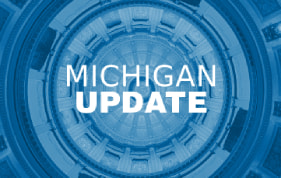On September 22, 2015, HMA Information Services hosted the webinar, “Evidence-based Integration: A Step-by-Step Guide to Integrating Behavioral Health into the Primary Care Setting.”
There is a clear and growing body of evidence that supports the integration of behavioral health into the primary care setting. Numerous trials show that integration delivers upon the triple aim, generating a measurable return on investment over time, improving outcomes for patients, and resulting in a high quality experience for patients. Furthermore, health plans, state and national demonstrations, and accrediting bodies are moving in this direction. During this webinar, HMA experts Lori Raney, MD, and Nancy Jaeckels Kamp provided a step-by-step guide to integration, including key structural and organizational investments, process improvements, and the type of training required to make integration work.
Listen to the recording and:
- Identify four key structural changes required for successful integration, including implementation of screening tools, a registry or tracking system, step-care protocols, and a team approach to care coordination.
- Understand the role that integrated care managers and consulting psychiatrists play in extending and maximizing psychiatric resources.
- Assess various trials and case studies that demonstrate a return on investment for integrating behavioral health into primary care.
- Avoid pitfalls by clearly defining the roles of care managers in the primary care setting and training the primary care team to identify and understand behavioral health issues.
The slide deck for this webinar can be retrieved by clicking the “DOWNLOAD” button below.



